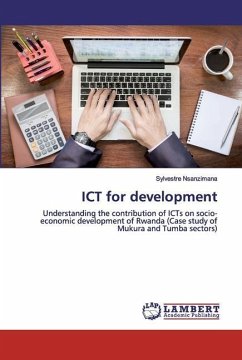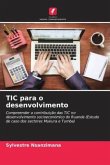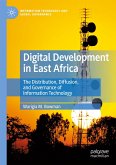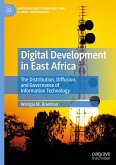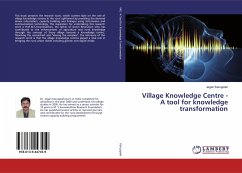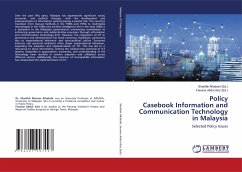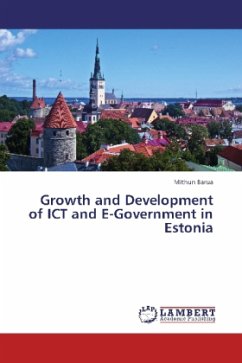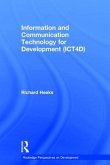The study aimed at investigating the contribution of ICTs on socio-economic Development in MUKURA and NGOMA Sectors. The research questions included: What are the perceptions of ordinary citizens regarding ICTs and their use? How do ordinary citizens benefit from the use and development of ICT? And how does ICT use contribute to the increase in household income? While the objectives of the study were: To find out the perceptions of people on ICT use and its contribution on people's standard of living in their respective areas and to evaluate the level of ICT use in the two sectors of MUKURA and TUMBA. Theoretically, the study focused on the Social Development theory which entails a set of social changes resulting from the convergence of computers and communication technologies, their assimilation in the society and their use for communication, collaboration and knowledge sharing. Economic Development theory advocates for the increase in economic wealth and wellbeing of individuals. The theoretical framework also looked at ICT4D as the relationship between ICTs and Development.
Bitte wählen Sie Ihr Anliegen aus.
Rechnungen
Retourenschein anfordern
Bestellstatus
Storno

